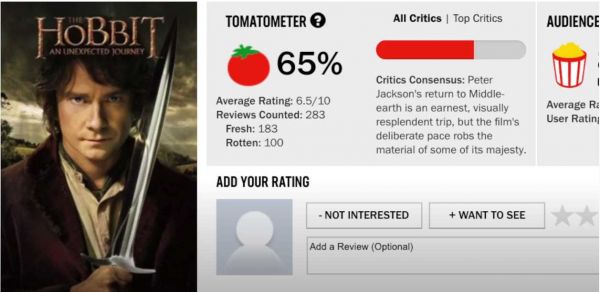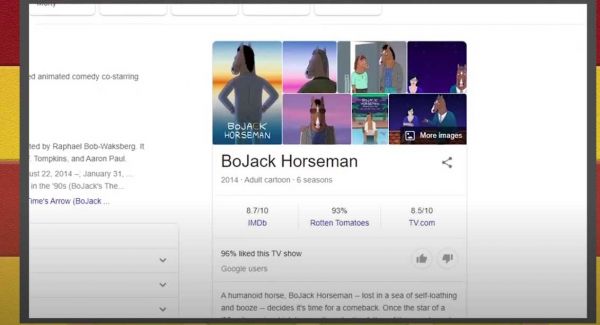German Newspapers, part II
The Decline in Cinema Attendance
This article appeared in the Frankfurter Allgemeine Sunday newspaper during my visit to Germany last July. Just think of it. In some countries, people would rather sit in an outdoor cinema and just watch the ambient scenery, than sit through another damn movie. This particular outdoor cinema, perched on a mountainside, stands in the Tirolese Alps of northern Italy, near a tiny hamlet Vöran bei Lana, close to the Austrian border.
Seriously, journalists and media-watchers have worried over the decline of movie-attendance since the onset of the Covid-epidemic in 2020 and the subsequent lockdown. The title of this article "Das war schon der Todeskuß" translates into English, "That Was the Kiss of Death," meaning the effect of the Corona pandemic on the German film industry. With the re-opening of cinemas, attendance has increased, but has a ways to go before it reaches the 2019 niveau.
The author of the newspaper article wants to know, why do movie-viewers continue to stay away? Maybe the audience has finally become numb to shrieking victims, monsters, and villians, wearied by eye-popping computer-generated imagery (CGI), or just bored by the low-brow coziness of the predictable plots, heroes, and villians.
Many movies do little more than propagandize a simple-minded audience and exploit it prejudices. Viewers can only enjoy sharing vicariously in the hero's triumph until the movie ends. Then, the hero disappears into the ether, and the viewer returns empty-handed to his normally inferior sort of consciousness. The gap between cinema-fantasy and street-level reality may even disgust a viewer who knows the movie makes a fool out him. Many movies later, the sense of diminishing returns discourages him from going back to experience the same vicarious high.
The prevalence of the Internet in our daily lives also must affect how the public selects movies—more critically, perhaps, thanks to movie-review aggregators like Rotten Tomatoes and the Internet Movie Databasse, better known as IMDb. Americans make an effort to inform themselves about a movie before they pay good money to go see it.ö
Frustrated at the impact the aggregators have, other people go on the Internet to complain that they have the power to wreck the financial performance of a movie, just by stacking up negative reviews against it, thus prejudicing the audience.
The influence of the aggregators also bothers the financial backers of movies, who have a lot riding on the success of their projects. They also worry that a rival production company will slip payola to reviewers to say bad things about a movie. A reviewer has the power to make or break a movie—an aggregator, even more power.
The "Todeskuß" article states that the film-industry in Germany produces more films now than it ever has. Film-schools across Germany train hundreds of artists each year, and many of them want to make movies. Training and ambition aside, they simply don't have an insight into the ingredients of a successful movie. Arcane documentaries and gloomy stories about solitary Germans pondering the mysteries of life don't interest the public.




